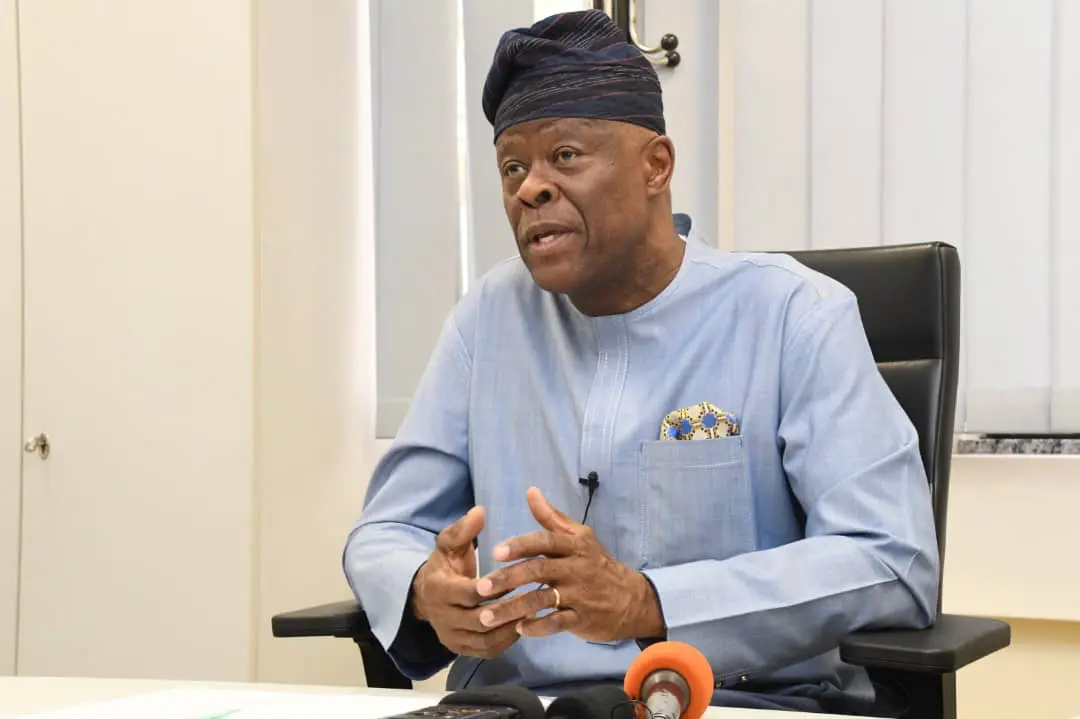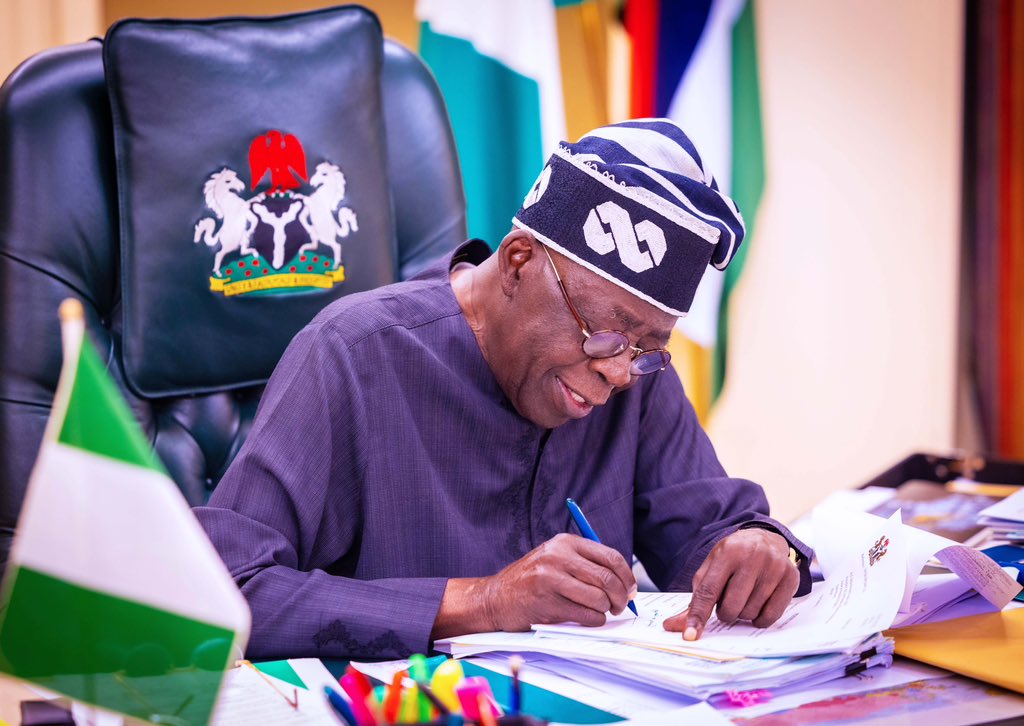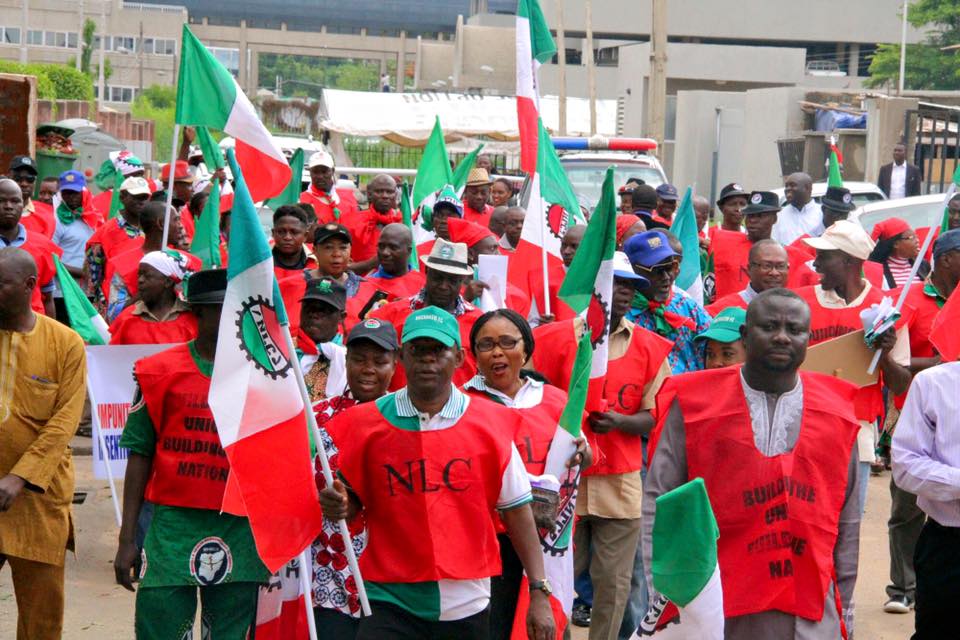On Thursday, the Nigerian Senate, under the leadership of Godswill Akpabio, rejected a bill that proposed using gold to bolster the country’s external reserves. This bill, known as the “Foreign Exchange (Control and Monitoring) Bill, 2024 (SB. 353),” was sponsored by Sani Musa, the senator representing Niger East senatorial district.
The bill, first read on February 20, 2024, aimed to repeal the existing Foreign Exchange (Monitoring and Miscellaneous Provision) Act, Cap. F34, Laws of the Federation of Nigeria, 2004, and establish a new framework for the regulation, monitoring, and supervision of transactions in Nigeria’s foreign exchange market. Musa argued that the bill would help stabilize the value of Nigeria’s currency and maintain a balance in international payments by liberalizing foreign exchange transactions.
Key objectives of the bill included:
- Establishing a foreign exchange market.
- Regulating, monitoring, and supervising market transactions.
- Contributing to the national economy by facilitating foreign transactions.
- Ensuring the liberalization of foreign exchange transactions to stabilize the currency.
The bill proposed several amendments to empower the Central Bank of Nigeria (CBN) to control and manage foreign exchange dealings. These included provisions for authorized dealers to report foreign exchange transactions over $10,000 to the CBN, and requirements for obtaining CBN approval before importing foreign currency notes. The bill also outlined the process for licensing, regulating, and potentially revoking licenses for foreign exchange dealers.
Sani Musa emphasized that effective management of the foreign exchange market is crucial for the country’s economic health. He stated that the new provisions would allow the CBN to better regulate exchange rates and oversee foreign exchange transactions, ultimately contributing to the sound development of the national economy.
However, after debates, the Senate decided to reject the bill, with many lawmakers opposing its provisions. The decision was influenced by concerns over the proposed mechanisms and the potential impacts on Nigeria’s foreign exchange market and economy.
The rejection reflects ongoing discussions and debates within the Nigerian government about the best approaches to managing and stabilizing the country’s economy and currency.













